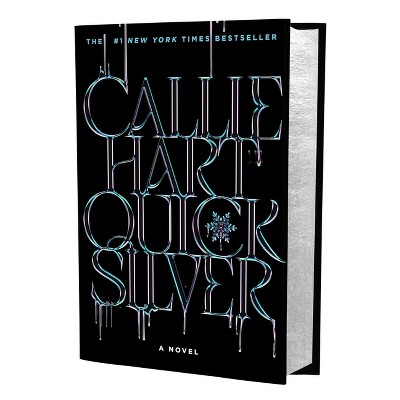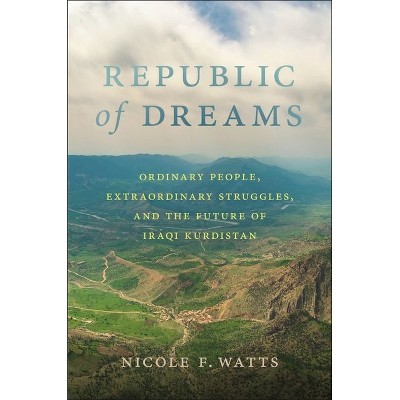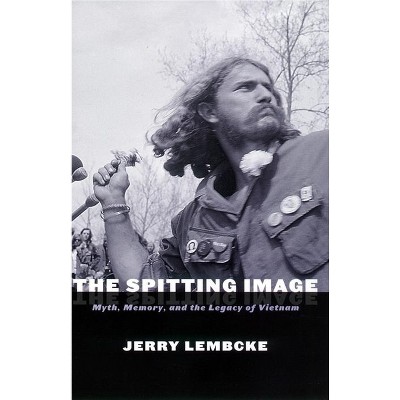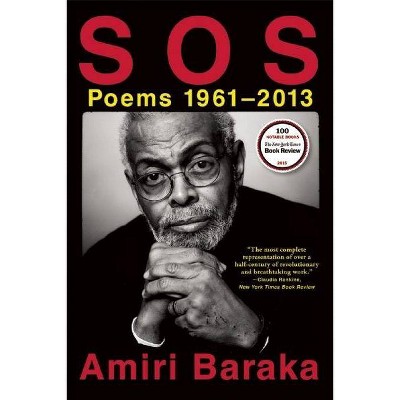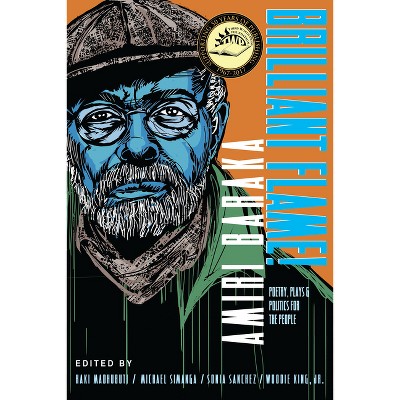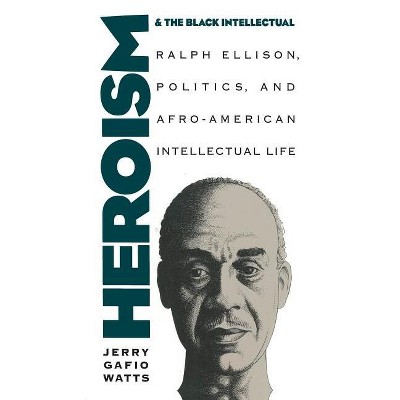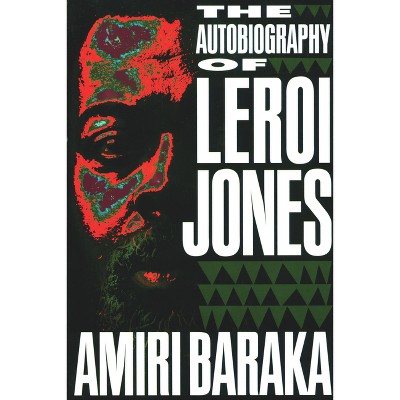About this item
Highlights
- Amiri Baraka, formerly known as LeRoi Jones, became known as one of the most militant, anti-white black nationalists of the 1960s Black Power movement.
- Author(s): Jerry Watts
- 592 Pages
- Literary Criticism, American
Description
Book Synopsis
Amiri Baraka, formerly known as LeRoi Jones, became known as one of the most militant, anti-white black nationalists of the 1960s Black Power movement. An advocate of Black Cultural Nationalism, Baraka supported the rejection of all things white and western. He helped found and direct the influential Black Arts movement which sought to move black writers away from western aesthetic sensibilities and toward a more complete embrace of the black world. Except perhaps for James Baldwin, no single figure has had more of an impact on black intellectual and artistic life during the last forty years.
In this groundbreaking and comprehensive study, the first to interweave Baraka's art and political activities, Jerry Watts takes us from his early immersion in the New York scene through the most dynamic period in the life and work of this controversial figure. Watts situates Baraka within the various worlds through which he travelled including Beat Bohemia, Marxist-Leninism, and Black Nationalism. In the process, he convincingly demonstrates how the 25 years between Baraka's emergence in 1960 and his continued influence in the mid-1980s can also be read as a general commentary on the condition of black intellectuals during the same time. Continually using Baraka as the focal point for a broader analysis, Watts illustrates the link between Baraka's life and the lives of other black writers trying to realize their artistic ambitions, and contrasts him with other key political intellectuals of the time. In a chapter sure to prove controversial, Watts links Baraka's famous misogyny to an attempt to bury his own homosexual past.
A work of extraordinary breadth, Amira Baraka is a powerful portrait of one man's lifework and the pivotal time it represents in African-American history. Informed by a wealth of original research, it fills a crucial gap in the lively literature on black thought and history and will continue to be a touchstone work for some time to come.
Review Quotes
"A serious and sustained engagement with Baraka's artistic and activist endeavors. Even at its most critical it demonstrates a rare level of rigor and commitment to the work of a major black thinker. This is an important book about one of our most important intellectuals."--Farah Jasmine Griffin, author of If You Can't Be Free, Be a Mystery: In Search of Billie Holiday
"Brilliant and provocative, Watts offers a trenchant critique of Baraka through his nuanced reading of the relationship of black intellectuals to African American communities and American liberalism. Transcending many recent critiques of black essentialism and authenticity through an exceptionally grounded and lucid contextualization of Baraka's protean political persona, this book is essential reading for scholars of black America and modern liberalism."--Kevin Gaines, University of Michigan
"Jerry Watts's examination of the career of Amiri Baraka is engaged, scholarly, tough-minded, informative, and, for many, infuriating and exasperating, as it should be. With this work, Watts takes his place among a small group of important scholars that are mapping, in its rich complexity, African American intellectual history and the place of the black public intellectual in the modern world."--Gerald Early, Washington University in St. Louis
"Spell-binding. Watts's study is the most comprehensive extant assessment and critique of LeRoi Jones/Amiri Baraka's literary and political career. More than a biography of Baraka, this book uses his career as a litmus test for raising the important questions about African-American intellectual life in the twentieth century. Extremely well-written, provocative, and engaging."--Werner Sollors, Harvard University
"Watts attempts to do for Baraka what Baraka did for (or to) other black intellectualsthat is, redefine his role as a black intellectual. Watts's critical, intellectual archaeology reveals the complicated motivations behind Baraka's rhetorical Molotov cocktails, his zest for the diatribe, and his outsider-insider balancing act. Those interested in the evolution of post-civil rights black intellectual-activist discourse had better prepare to wrestle with this big and opinionated book."--Jonathan Scott Holloway, Yale University


